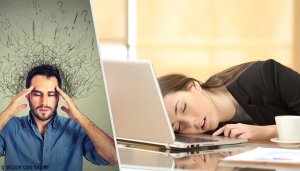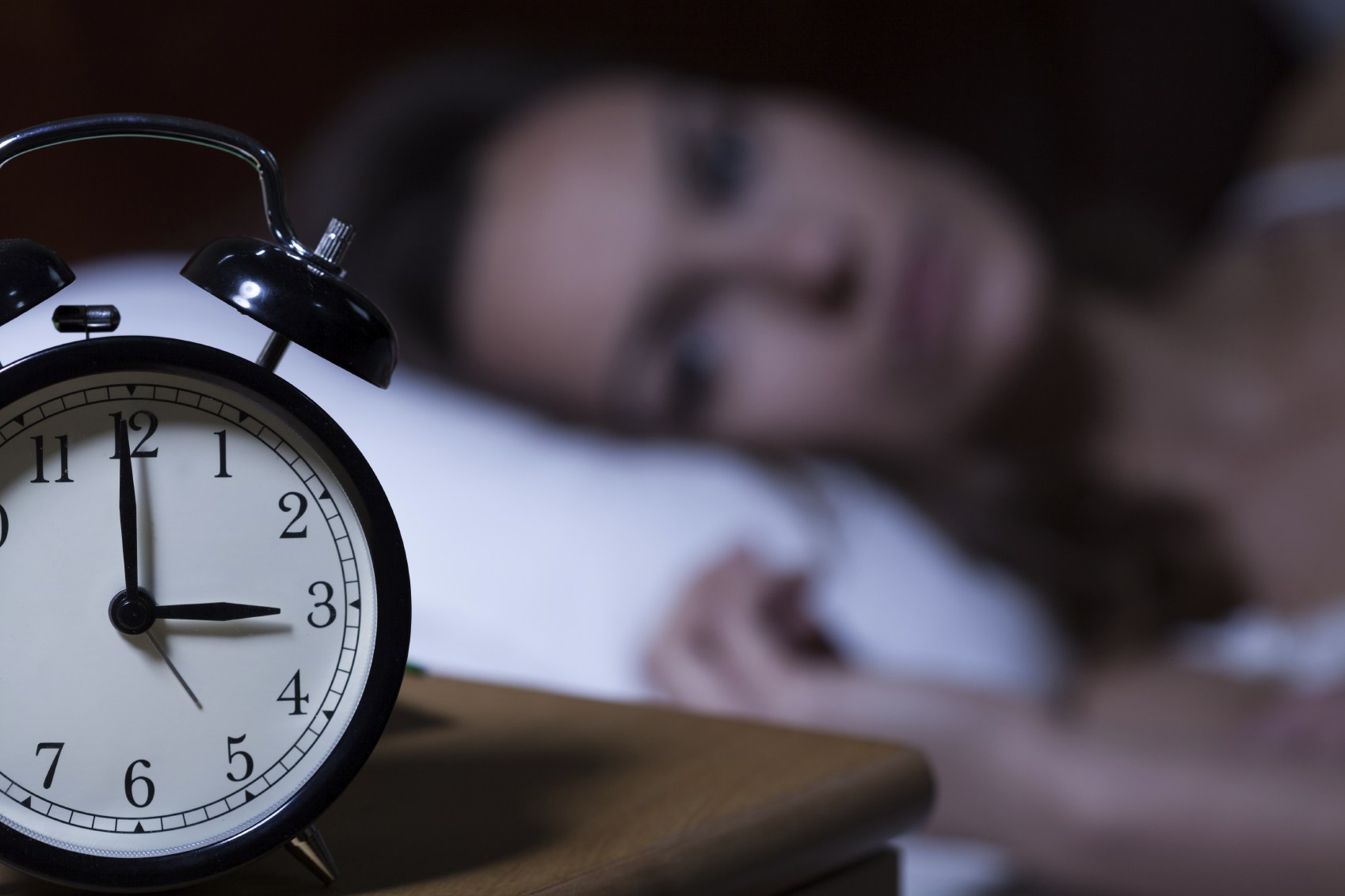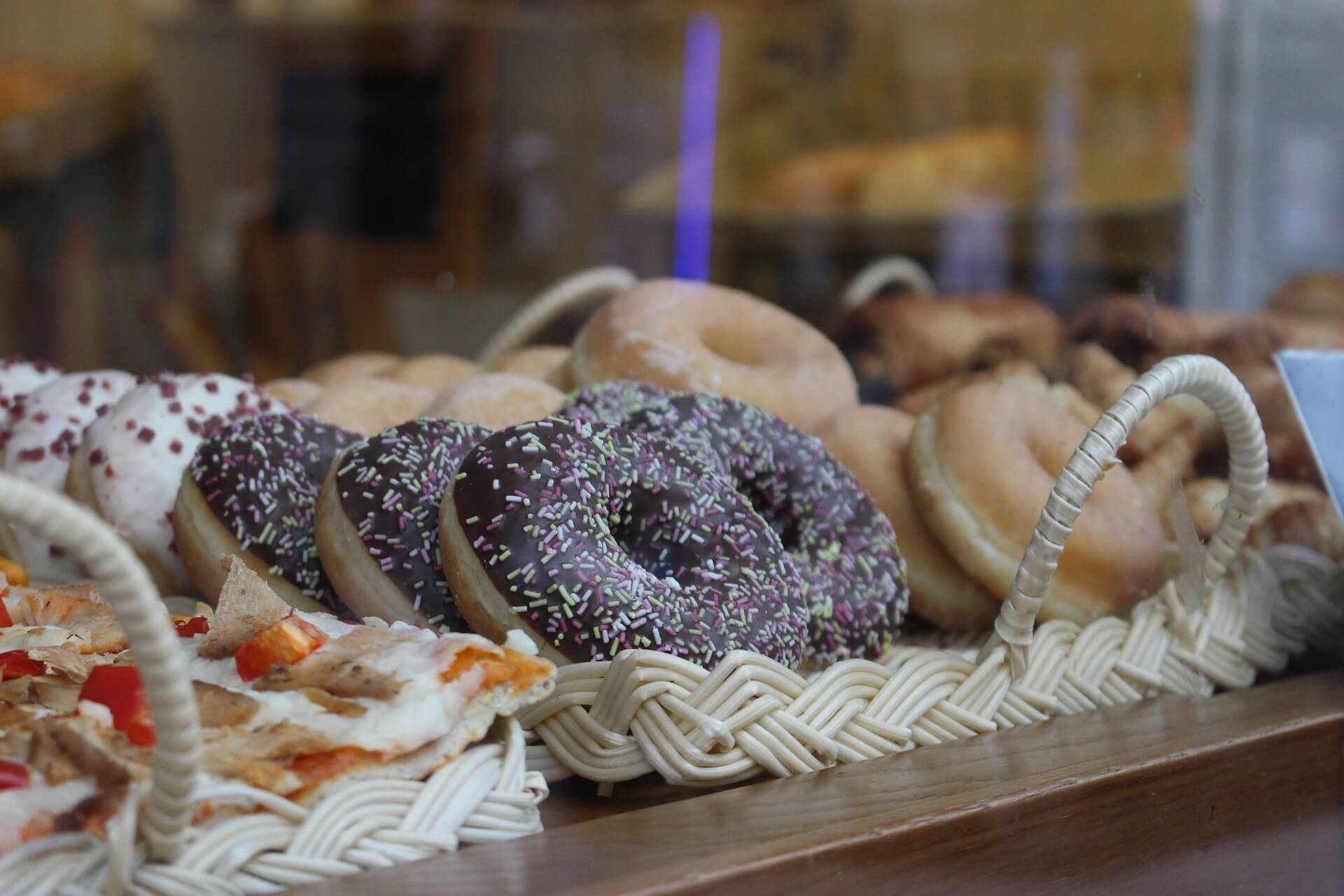9 Habits that Cause Anxiety


Written and verified by the psychologist Bernardo Peña
It’s normal to have some worry in your life, especially as you become an adult and your responsibilities increase. But it’s important to keep in mind that there are habits that cause anxiety.
There’s a fine line, however, between being worried and moving into anxiety and stress.
People with anxiety disorders live in a permanent state of fear and insecurity, which is something that interferes with most of their daily activities.
If you find yourself in this situation, it’s time to change some of your habits that cause anxiety:
1. Having to be in control of everything

As much as you want to be in charge of absolutely everything in your life (work, family, relationships), it’s impossible to do – at least not while maintaining good mental health.
- Learn to delegate, trust, and direct things so that they go as expected with the help of those around you.
This way you’ll take a big load off of yourself.
Read also: Advice for a healthy brain
2. Trying to please everyone
Making everyone that you have a relationship with happy is truly overwhelming and exhausting.
The only thing you’ll accomplish by pleasing everyone is making yourself unhappy, putting the priorities and needs of others before your own.
- It’s not about being selfish. You just need to prioritize your needs before you help others with theirs.
3. Sleeping too little

If you sleep much less than the recommended seven to eight hours for an adult every night, you’ll spend your day in a bad mood, with fatigue and anxiety.
- It’s essential that in addition to getting the recommended number of hours of sleep that you try to maintain a routine.
- Establish a sleep schedule for your weekdays and turn off all electronic devices before going to bed.
4. Being addicted to caffeine
Coffee has a lot of properties that are somewhat useful for the body. But when you consume it in excess, you can have harmful side effects.
- Drinking four to six cups of coffee a day can trigger caffeine dependence. This can result in anxiety, nervousness, irritability, and insomnia.
5. Excessive alcohol consumption

- The regular consumption of alcoholic beverages is not recommended for people when they don’t feel good, mentally.
Also, think about this: remember the hangover that too much drinking can cause, or the bad situations you’ve found yourself in due to being under the influence of too much alcohol.
6. Being disorganized
A lack of organization is a key cause of anxiety and stress. That’s why it’s a good idea to schedule everything you need to do the next day on the night before.
- Don’t torture yourself wondering how you’re going to accomplish this or do that. Every day will have its surprises.
- Try to simply organize each of your tasks and develop them throughout the day.
7. Not eating breakfast

You need to start your morning with plenty of energy because low energy levels are a main cause of depression, stress, and anxiety.
See also: The best fat-fighting breakfasts
8. Leading a sedentary lifestyle
A lack of physical activity can increase anxiety and emotional problems.
- Start out with a light routine and increase the intensity as the weeks go by.
This will help you produce more endorphins (the happiness hormone), which will make you feel better while also taking care of your health.
9. Excessive consumption of refined sugars

- When you eat refined sugars it promotes the release of serotonin, one of the hormones that makes you feel good.
- If you consume it on a regular basis, however, the effects last less and less time, so your body will crave more and more of these foods.
At some point you’ll develop a dependency that over time can cause severe damage to your body, like being overweight and having high blood pressure.
All cited sources were thoroughly reviewed by our team to ensure their quality, reliability, currency, and validity. The bibliography of this article was considered reliable and of academic or scientific accuracy.
- Vallejo-Najera J.A. Introducción a la Psiquiatría. 7ª Ed. Editorial Científico-Médica. Barcelona. 1974
- Pinoos R (Editor). Posttraumatic Stress Disorder: A Clinical Review. 1994
- Kaplan HI, Sadock BJ, Grebb JA. Synopsis of Psychiatry. 7a. Ed. USA. 1994
- Reyes-Ticas JA. Manual de Exploración Psiquiátrica. UNAH. Honduras. 2000
- Rodriguez, J. L., & Meadows, E. A. (2012). Anxiety Disorders. In Encyclopedia of Human Behavior: Second Edition(pp. 169–176). Elsevier Inc.
-
Ferrer-Cascales, R., Sánchez-SanSegundo, M., Ruiz-Robledillo, N., Albaladejo-Blázquez, N., Laguna-Pérez, A., & Zaragoza-Martí, A. (2018). Eat or skip breakfast? The important role of breakfast quality for health-related quality of life, stress and depression in Spanish adolescents. International journal of environmental research and public health, 15(8), 1781.
-
Basta, M., Chrousos, G. P., Vela-Bueno, A., & Vgontzas, A. N. (2007). Chronic insomnia and the stress system. Sleep medicine clinics, 2(2), 279-291.
-
Murphy, M., & Mercer, J. G. (2013). Diet-regulated anxiety. International journal of endocrinology, 2013.
- Trastornos de ansiedad – Síntomas y causas – Mayo Clinic. (2018). Retrieved 25 August 2020, from https://www.mayoclinic.org/es-es/diseases-conditions/anxiety/symptoms-causes/syc-20350961
This text is provided for informational purposes only and does not replace consultation with a professional. If in doubt, consult your specialist.








